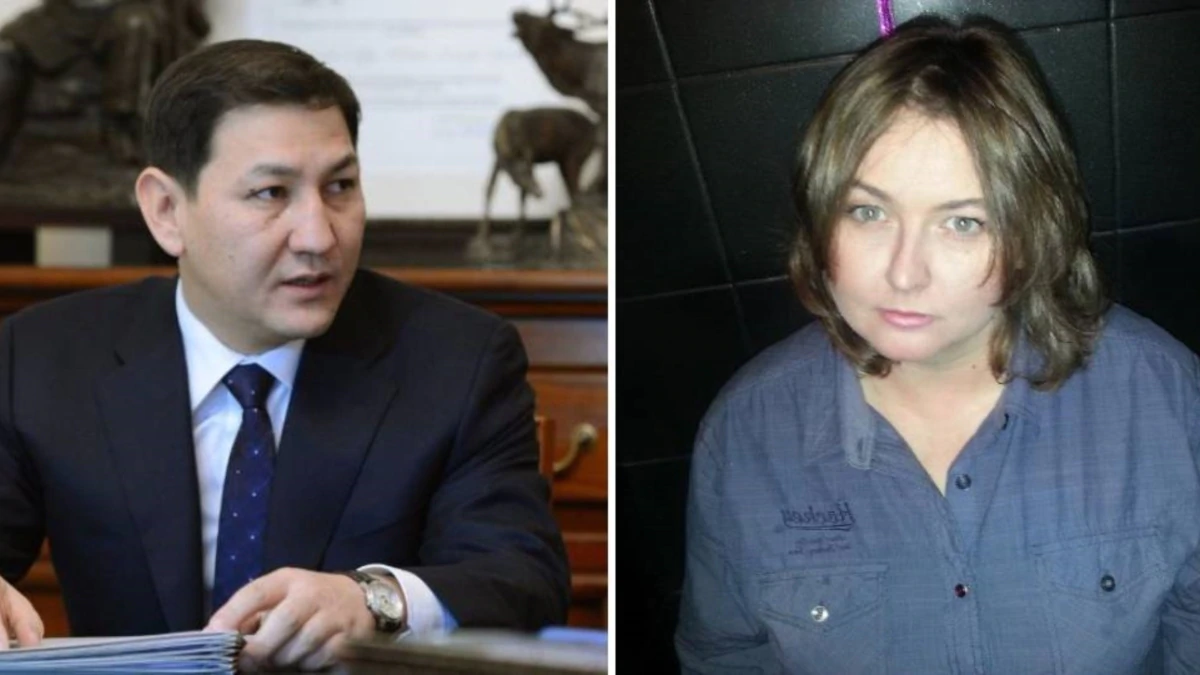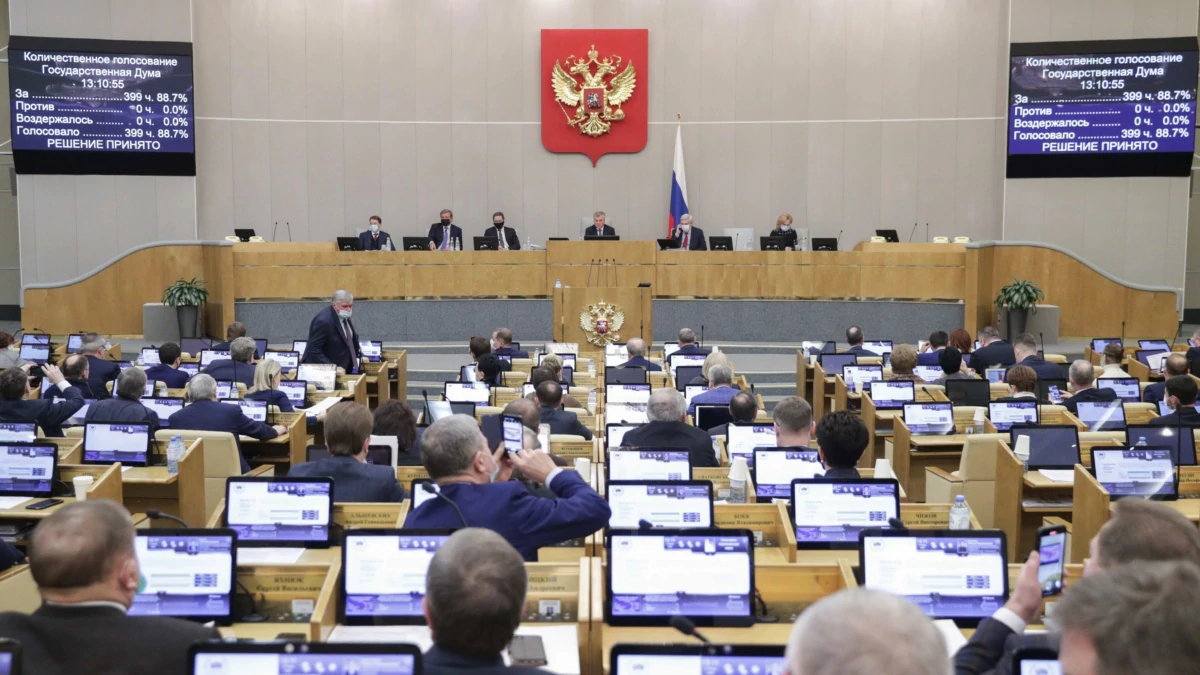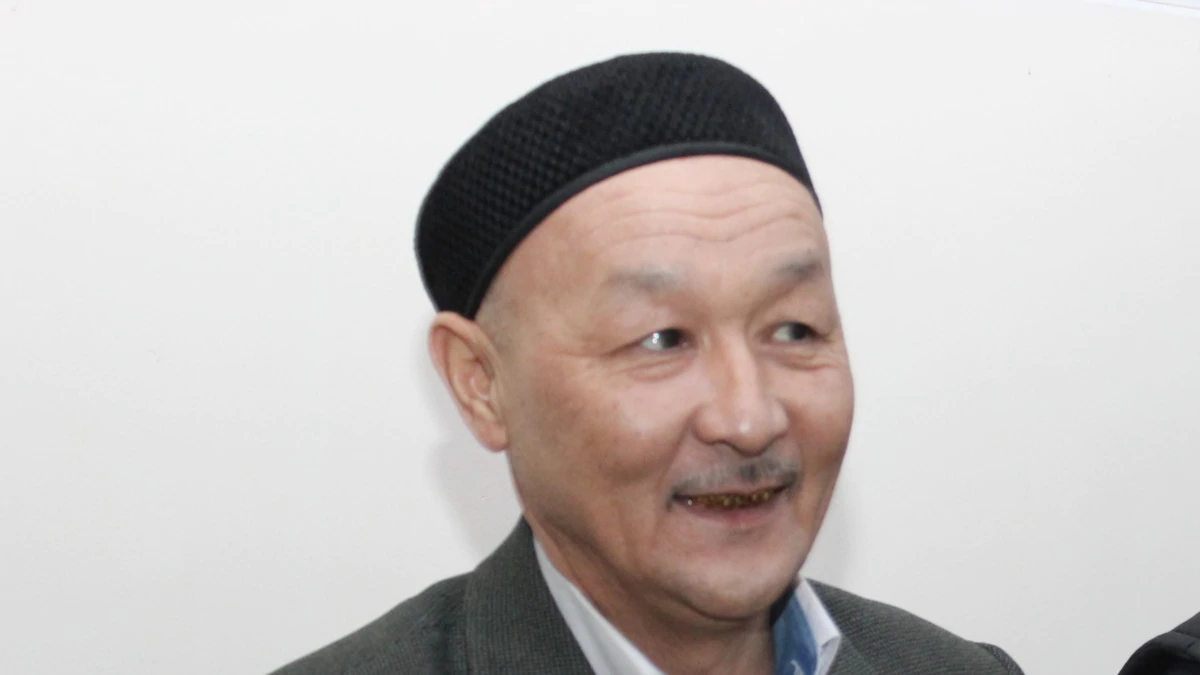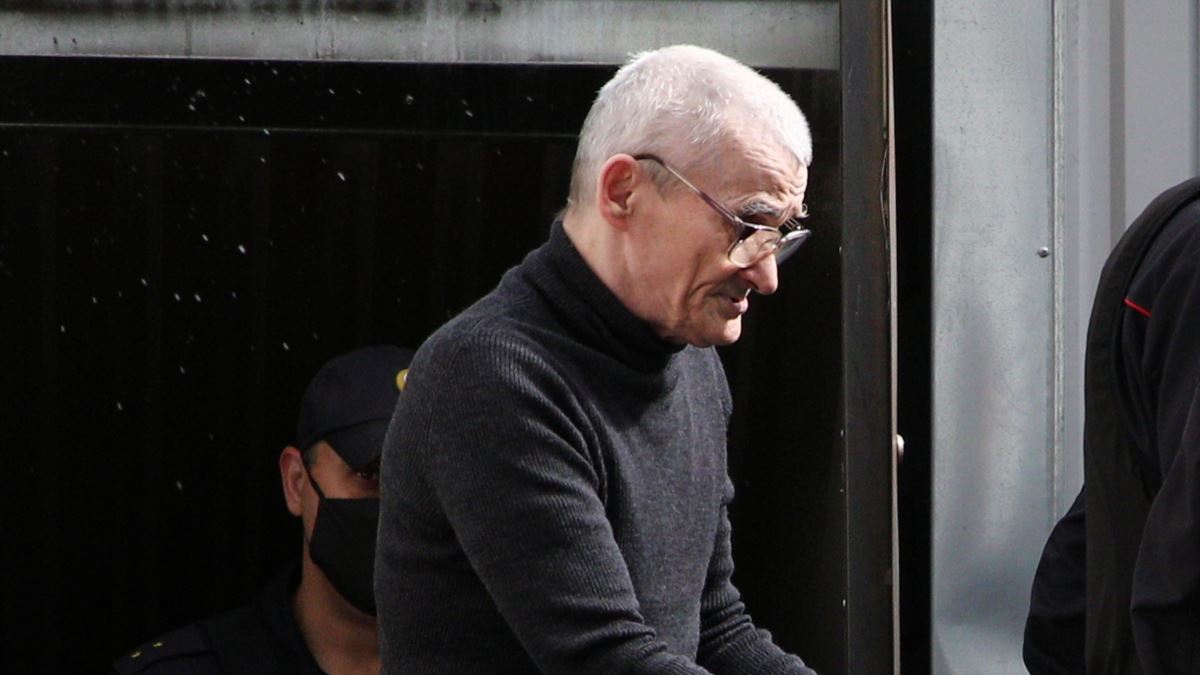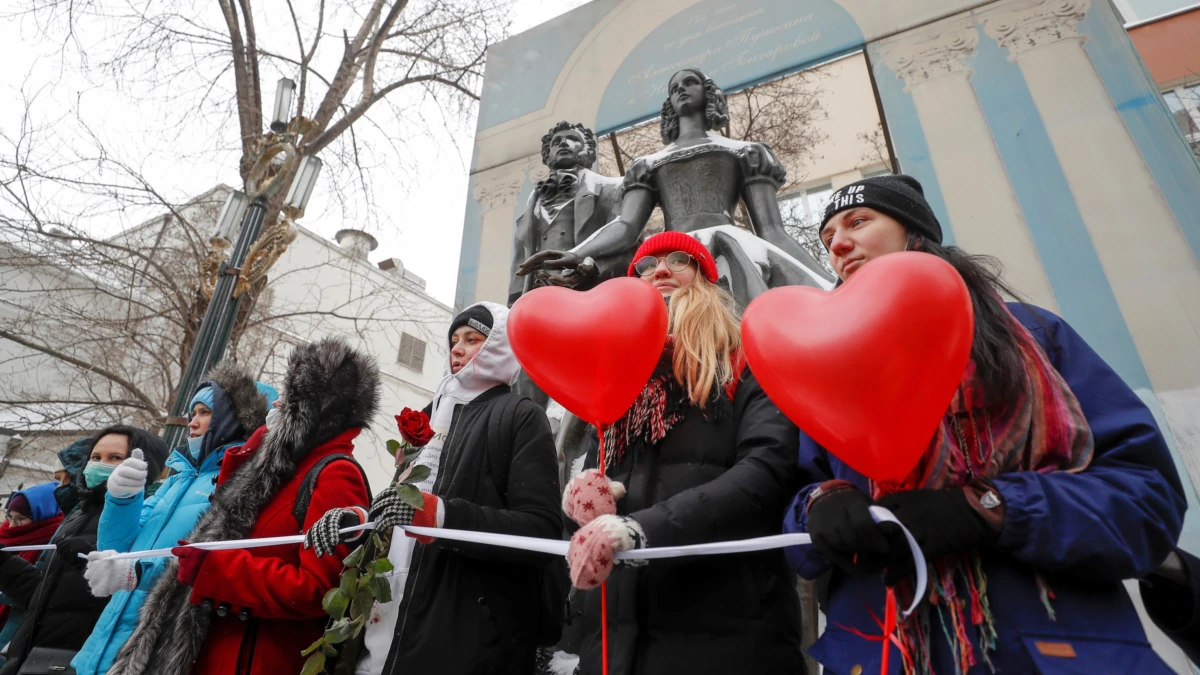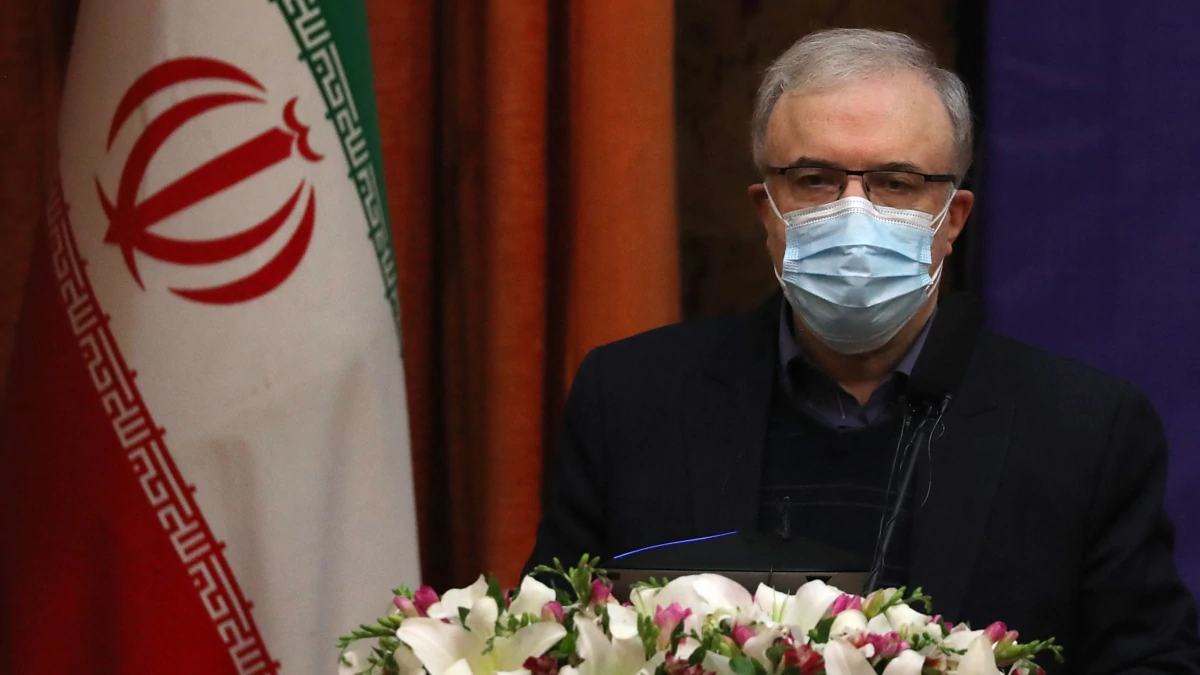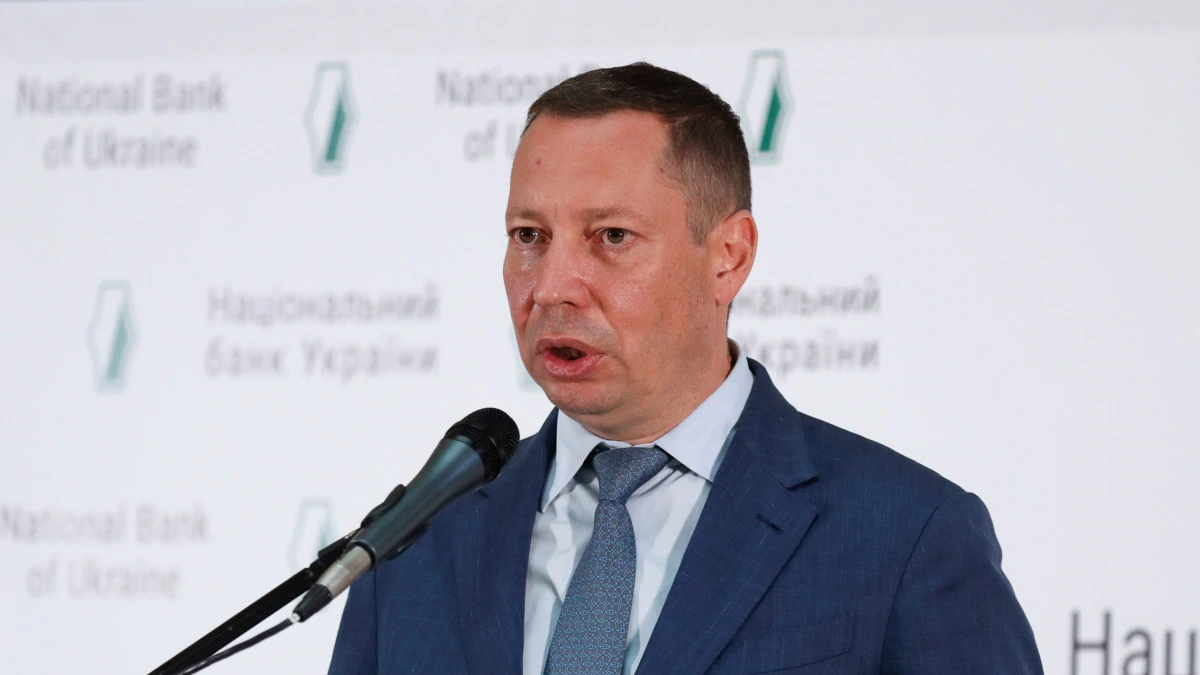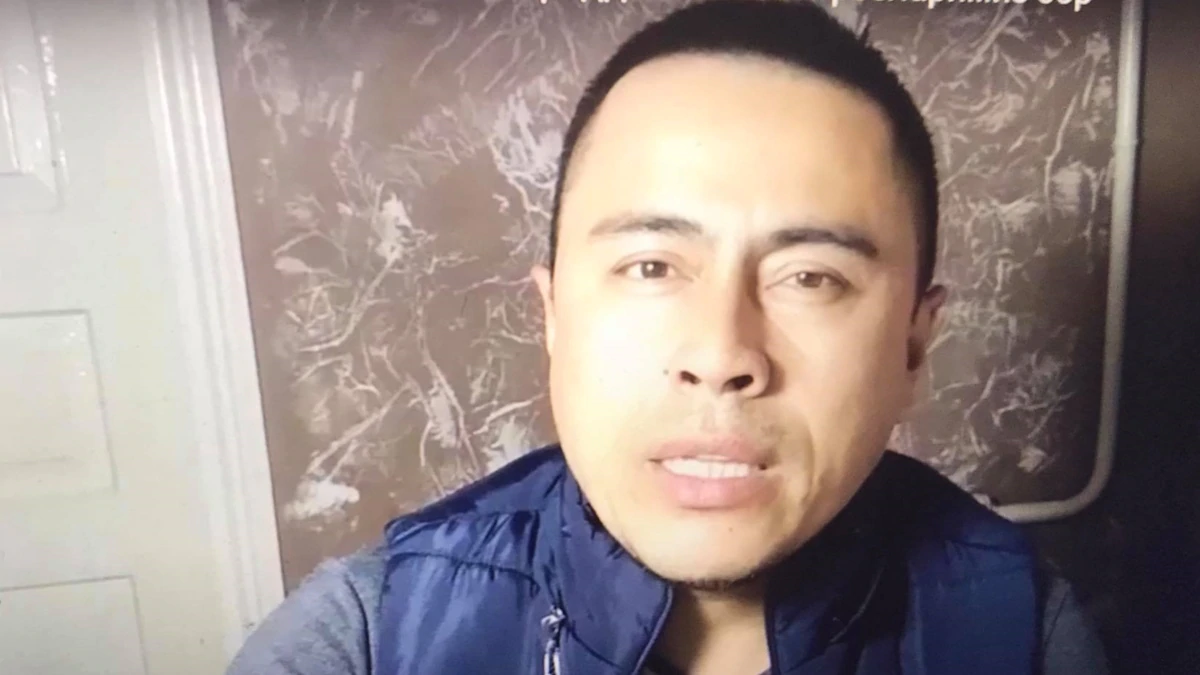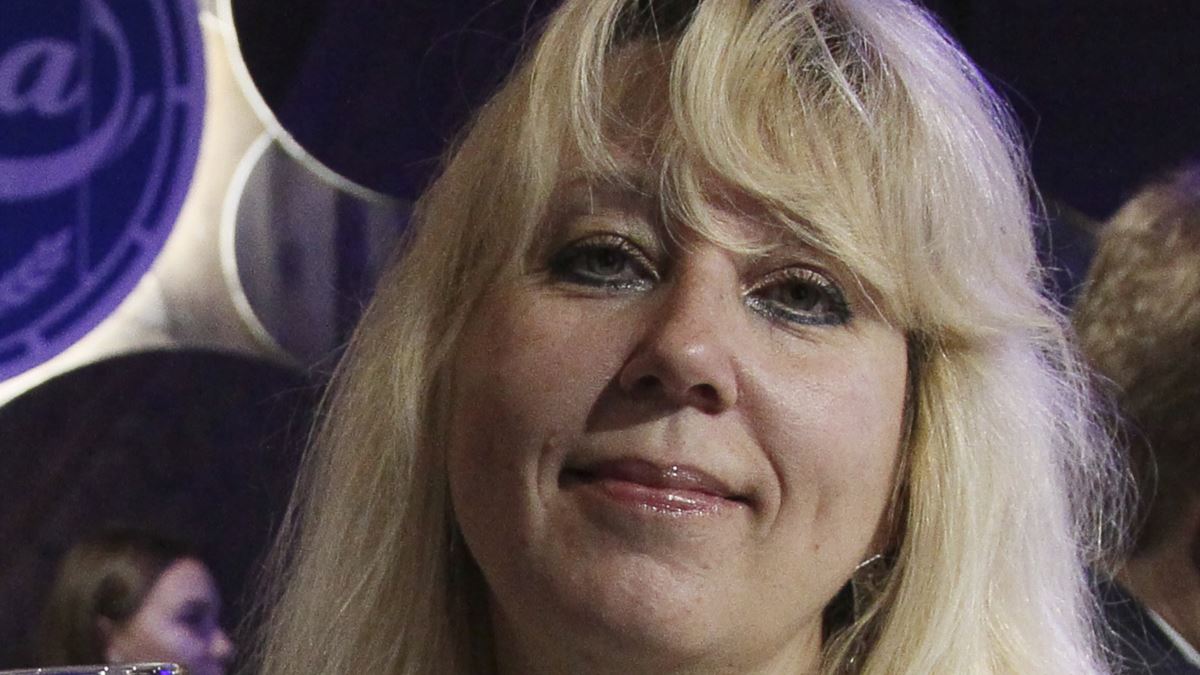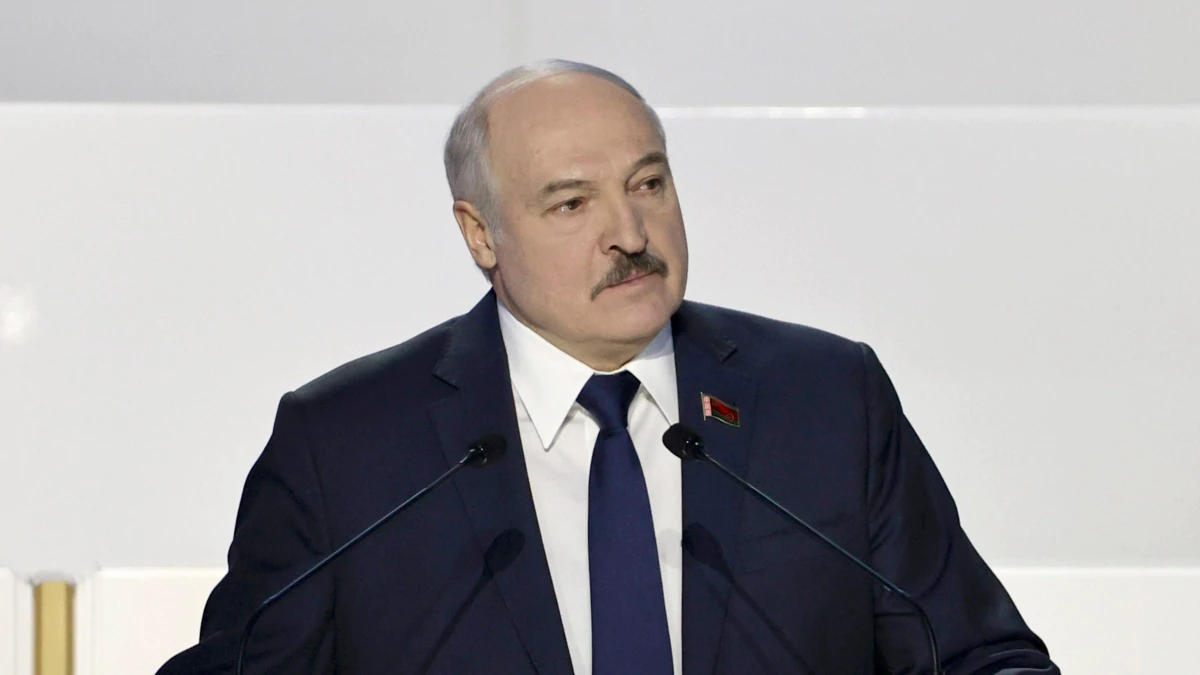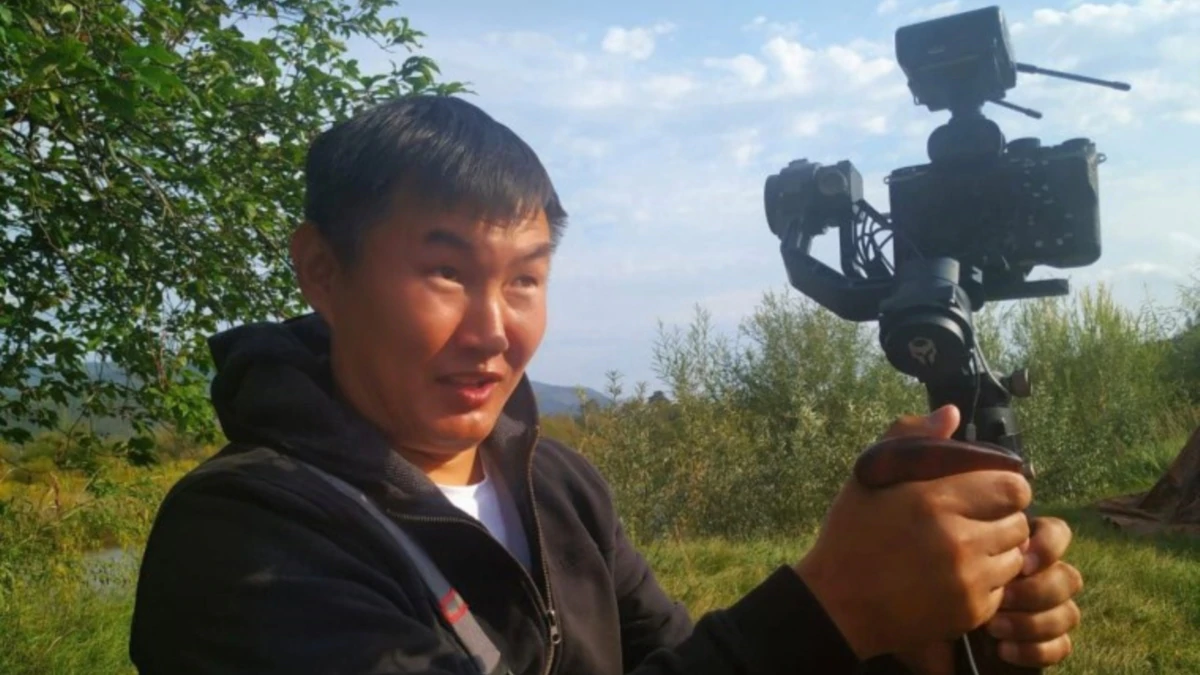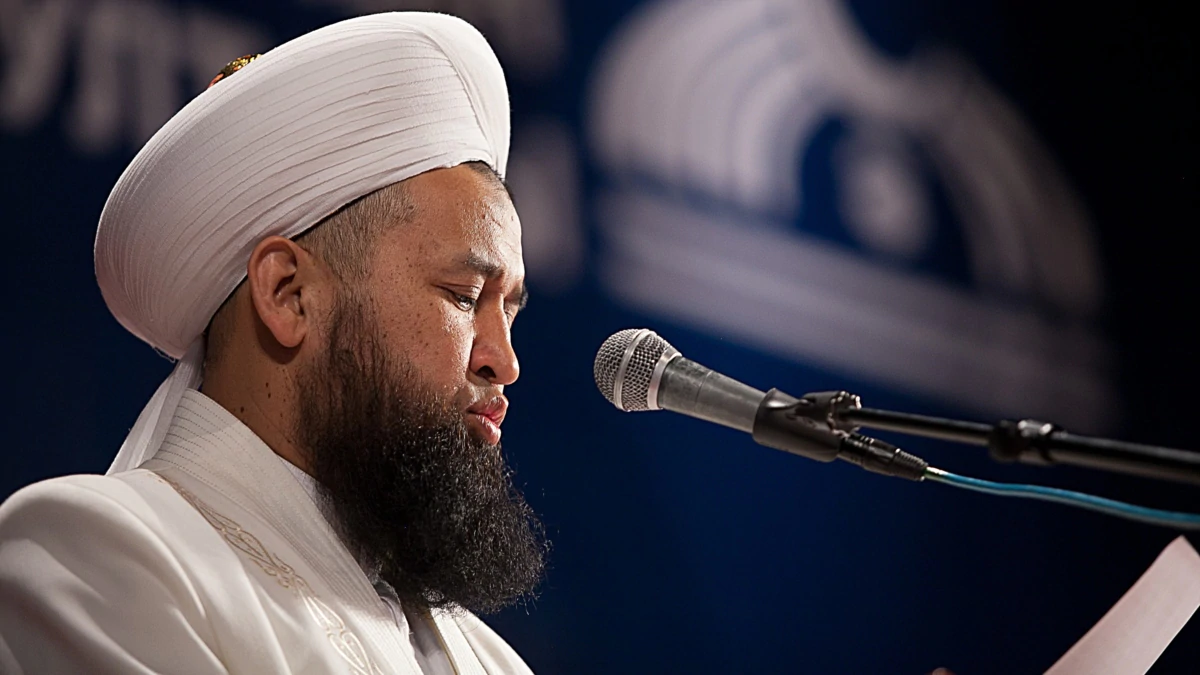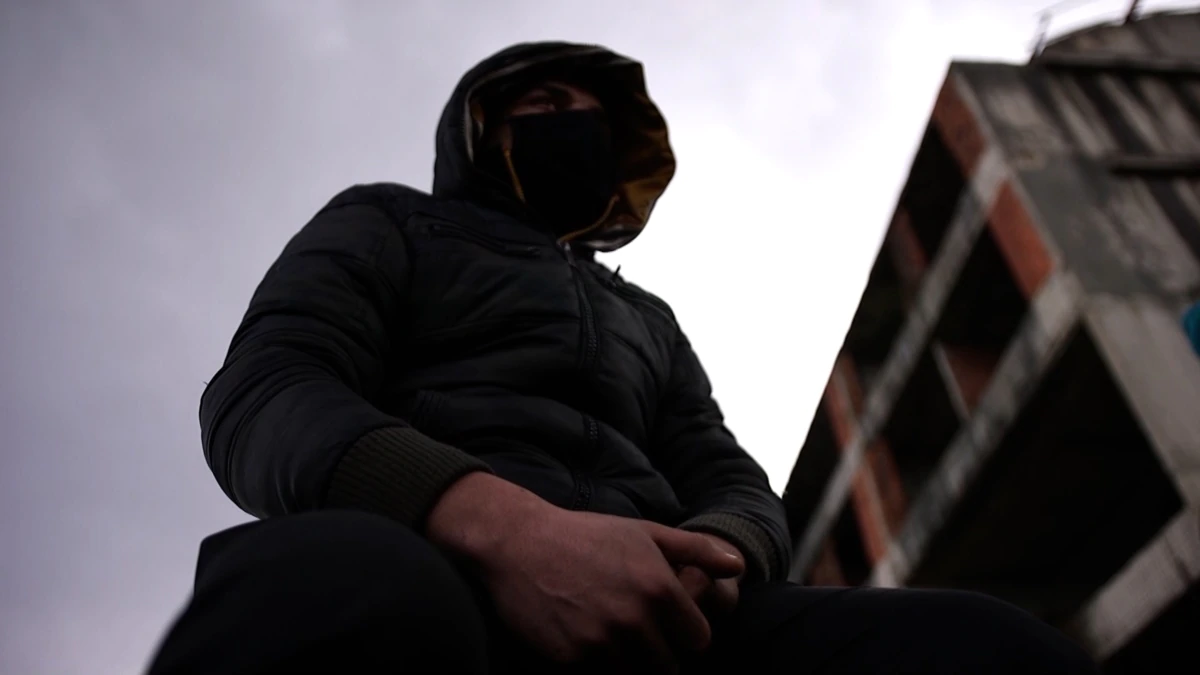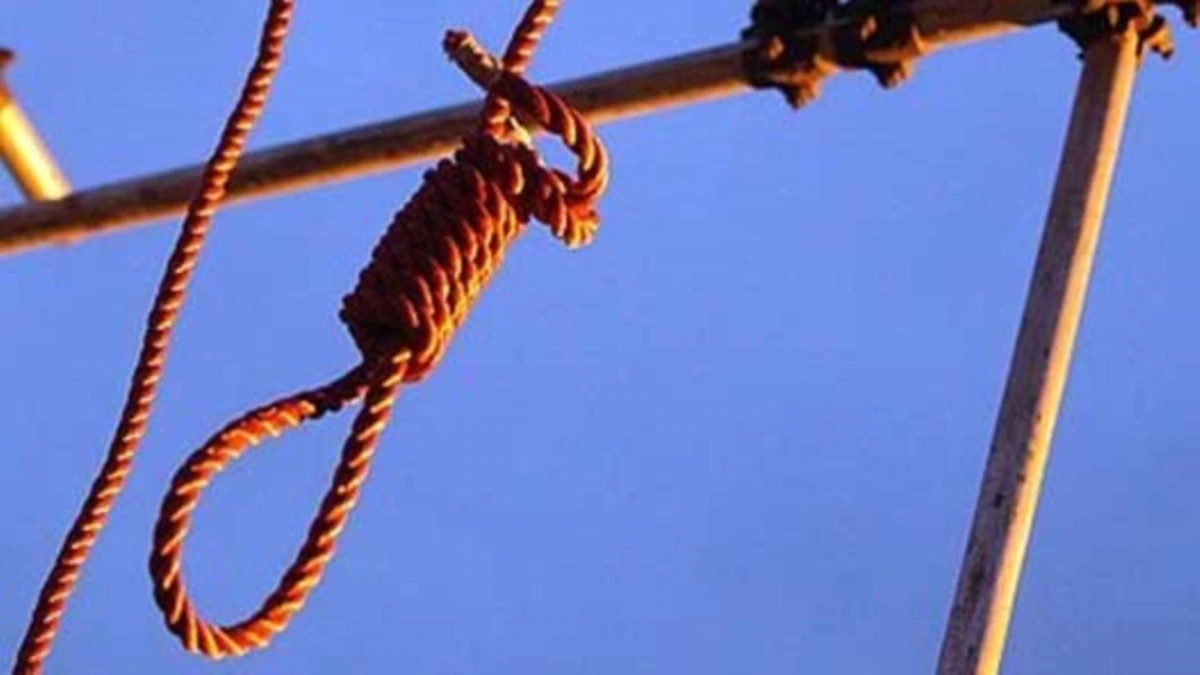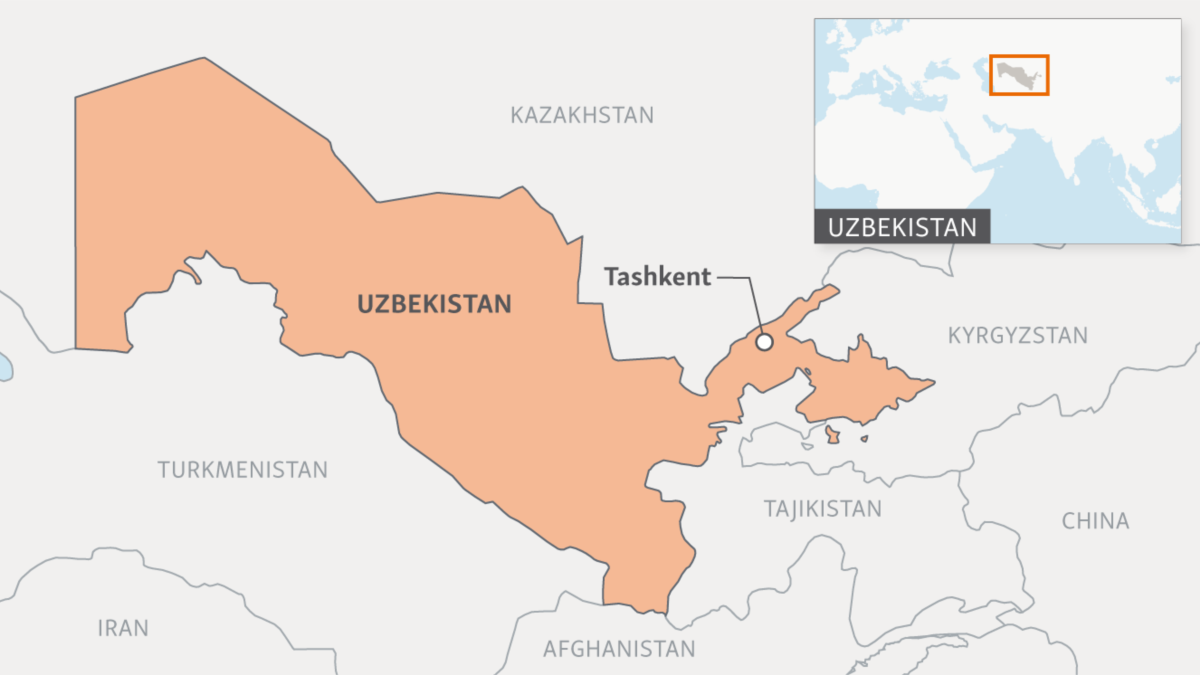MOSCOW — Authorities in Russia have been at pains to portray participants in two waves of mass protests in support of opposition politician Aleksei Navalny as unruly hooligans with whom it was only possible to deal forcefully.
“We are talking about illegal events,” President Vladimir Putin’s spokesman, Dmitry Peskov, told reporters on February 1. “There can obviously be no negotiations with hooligans and provocateurs.”
But witnesses to the January 31 rallies, at which more than 5,600 people were detained by security forces in cities across the country, tell a different story of police who were primed in advance to put the protests down harshly despite the fact that protesters were overwhelmingly peaceful and nonconfrontational.
“The police had been set the task of putting down the protest at any price,” said Yevgeny Stupin, a member of the Moscow city legislature who was detained at the demonstration in the capital. “And that is the way they have been acting. I think that they were given the green light to use any cruelty. And this decision, I believe, was made at the level of the national leadership. The protests are being held across the country, so the decision about how to cope with them was made personally by Putin.”
Stupin said that, when he went to the center of Moscow on January 31 to observe the protest, he found all of the streets blocked off by police. He decided to take the metro to Sukharev Square, where he’d heard demonstrators were gathering.
“As soon as we left the metro station, police approached me and one of my assistants and escorted us immediately to a police van,” he told RFE/RL’s Russian Service.
“Legal Nonsense”
“The van was already overcrowded. They pushed us in, and the van headed toward Severnoye Tushino,” he said, referring to a district on Moscow’s outskirts. “After about half an hour, they asked if Stupin was there [in the van]. Apparently someone had called them. I responded and the van just stopped in the middle of the street… and they let me out. The others were driven away.”
Stupin said that he made his way to the detention center anyway in order to help the other detainees. He said most of them were charged with creating an obstacle to pedestrians and other traffic, an accusation that he describes as “legal nonsense.”
“They didn’t obstruct anything,” he said.
A bloodied protester at a rally in support of Russian opposition leader Aleksei Navalny in St. Petersburg on January 31.
Prominent journalist Nikolai Svanidze, who is a member of Putin’s advisory Human Rights Council, and his wife were also detained during the Moscow protest.
“I was detained on the square across from the Sklifosovsky Hospital,” he said. “My wife and I had only just arrived and we were met by Aleksandr Verkhovsky, a colleague on the Human Rights Council. He was also with his wife. We were there as observers from the Human Rights Council.”
“We were standing there chatting when suddenly two large men approached us,” Svanidze said. “They were in riot gear, so-called space suits, with indecipherable insignias. They didn’t introduce themselves and politely, but insistently took me by the arms and led me toward a police van…. I tried to identify myself, but they didn’t listen and took me to the van. I ended up in a police van in the very pleasant company of some young people.”
After about 20 minutes, Svanidze said, his wife managed to explain to one of the officers who he was.
“Immediately as if rising up out of the ground, there appeared a man in plainclothes,” he said.
“It turned out that this man in plainclothes was in charge, and he ran quickly over to have me released. So, everything ended OK for me, except that I never learned why I was detained at all. Not only did they fail to identify themselves, they also refused to explain why they were detaining me.”
“Neither in the police van nor on the street did I see a single drunk person or hear any of the young people swearing,” Svanidze added. “Everyone was acting politely. There were some very sharply worded anti-presidential slogans, but no swear words were used, nothing personally offensive. I personally did not see any cases of police brutality, although I read about many. I only saw an enormous number of people who had been detained or were being detained…. Based on my own experience, I can only ask – were all these people really detained for cause?”
‘Perfectly Innocent Civilians’
In Kazan, the capital of the Volga River region of Tatarstan, journalist Maksim Shevchenko, who is also a deputy in the Vladimir Oblast legislature, was detained as he was conducting a livestream on YouTube.
“The police behaved very aggressively, sometimes even brutally,” Shevchenko said. “I saw some elderly people and the police quite suddenly pounced on them and began chasing them, and me as well. I had been just standing there talking to people, broadcasting a livestream. Suddenly two men in green uniforms with a badge that just said ‘police’ in a sort of military khaki – not at all like (civilian) police, which are gray or dark blue. They grabbed me firmly and began leading me away.”
“But I’m fairly well known in Tatarstan and some man in plainclothes ran up and ordered them to release me,” Shevchenko continued. “But the others were not so lucky. Later, with horror, I saw a video of how police in Kazan were throwing people face down on the snow.”
“I don’t know why the security forces were acting like this,” he said. “Why would the police just beat perfectly innocent civilians? Most likely someone at their bases was prompting them. They were probably told that the protesters were some sort of villains, cursed enemy-liberals or Navalny-istas. But I didn’t see a single Navalny-ista. Everyone told me they came out because they were sick of corruption, arbitrariness, and lawlessness. The real agenda of the protests was not about Navalny. It was about huge social inequalities and a whole host of local and regional problems.”
He added that a recent film by Navalny’s Anti-Corruption Foundation alleging that Putin controls a huge palace complex on the Black Sea coast, which has been viewed more than 100 million times on YouTube, helped the public to “finally recognize” their own discontent and “as they say, a gestalt emerged.”
Stupin, the Moscow lawmaker, said the crackdown probably frightened some opposition-minded citizens, but many others were more “radically oriented.”
“Those people, I think, were outraged and next time, they might behave differently,” he said. “There might be fewer people, but they will act more aggressively.”
Written by RFE/RL senior correspondent Robert Coalson based on reporting from Moscow by RFE/RL Russian Service correspondent Lyubov Chizhova
This post was originally published on Radio Free.

